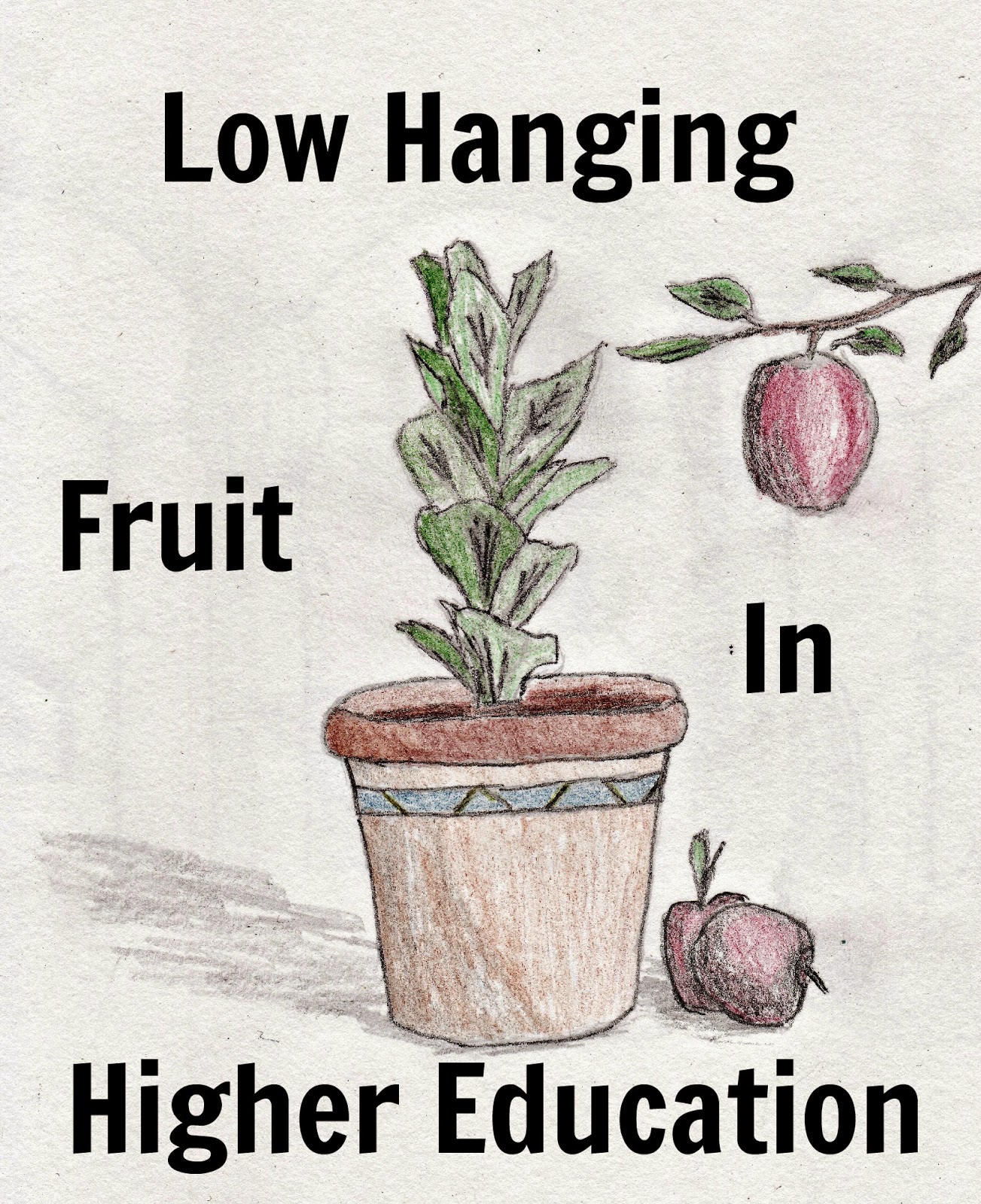Education is a classical American institution that
helps develop intellectual capital to encourage successful national growth.
Sometimes institutions can work against their core purpose by failing to grow
or develop beyond current limitations. Innovation in higher education is an
important predictor of the success of both the higher education institution and
the preparedness of a nation. Failure to reach beyond low hanging fruit in
higher education causes stagnation and decline in the form of cost overruns and
poor outcomes.
Despite having strong support through state
spending, family savings, and student loans the system has increasingly become
unsustainable and hasn’t kept up with the life-long learning needs of working
families. Throwing more resources into a clunky system that hasn’t changed only
prolongs the eventual financial and educational reckoning that will occur if
costs start to outstrip revenue.
Online education has disrupted the assumptions of
traditional education and provides a credible modality many government and
higher education officials scoffed at just a decade ago. We can call this the
process of innovation and implementation (Parker, 2012) whereby new technology
creates chaos in the system and then becomes part of the mainstream until the
next development occurs and the process starts all over. All developing
industries rely on this innovation-implementation model for growth.
Online education is a trend that reaches across
for-profit and not-for-profit higher educational institutions. Students demand
for flexibility in their studies should not be ignored. In 2010 enrollment in
online courses increased 29% with 6.7 million (1/3 of all students) enrolled in
online courses (Jaggars, et. al. 2013). A total of 97% of two-year colleges
offer online courses while 66% of post-secondary universities also offer online
courses.
The far majority of schools in engage in online
education and it is no longer a disruptive technology. It has grown because the
market has demanded it grow. Online education may not offer the front page
grabbing sports teams or large buildings that dotted the landscape in the 20th
Century but does offer solutions for the 21st Century. This assumes
that higher education is more about learning than maintaining tradition without
consideration of long-term national costs.
Experimentation in higher education is absolutely
necessary to develop the institution to a higher level of existence. The
quality of education is in a continuous process of change where new models influence
traditional models by making them more efficient. In turn, innovative
development is slowed and improved for mainstream consumption by traditional
education stakeholders. There should be a balance of innovation and integration
to ensure maximum relevancy of higher education institutions. Innovation and
change avoids the need to reach for low hanging fruit that raises the cost and
burden on society as a result of not considering long-term interests or risks.
Jaggars, S., Edgecombe, N. & Stacy, G. (2013). What we know about online course outcomes.
Research Overview. Community College Research Center, Columbia University. ED542143
Parker, S. (2012). Theories of entrepreneurship,
innovation and the business cycle. Journal
of Economic Surveys, 26 (3).
